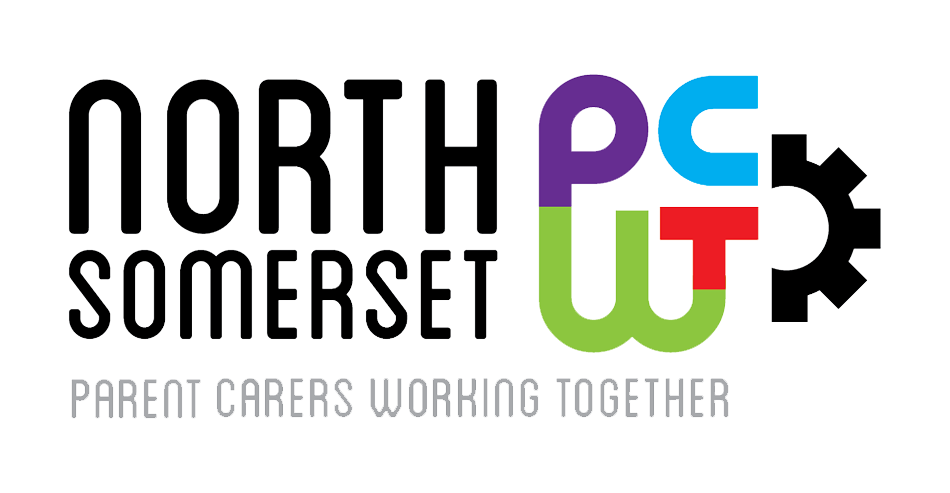The Neurodiversity Transformation Project was borne out of the changes across Bristol, North Somerset, and South Gloucestershire (BNSSG) by Health, to the Paediatric and Autism assessment criteria last March 2023. The three Parent Carer Forums across BNSSG together gathered the views and concerns from families on this subject to feedback to the Integrated Care Board. Eventually, these changes were reversed in April 2023.
Due to the concerns raised, it was realised by the Integrated Care Board (ICB) that the entire system needed to be reviewed. The Neurodiversity Transformation Project aims to inform a future model of support for children and young people with Neurodiverse needs, incorporating the views and experiences of children and young people, parent carers, and system partners is vital to the success of this project.
The project is led by the Integrated Care Board and is co-chaired by the three parent carer forums across BNSSG, involving the three local authorities, professionals across health, education, social care, voluntary sector and the voices of parent carers and children and young people.
Engagement Events for Parent Carers
The three Parent Carer Forums across Bristol, North Somerset and South Gloucestershire (BNSSG) along with our project partners held two parent carer engagement events in July to share the latest developments to the Neurodiversity Transformation Project.
More than 140 parent carers joined our online event on 9 July 2024 and our in-person event on 11 July 2024 at the BAWA, Bristol. The presentations at both gave some initial background about the project and its purpose and introduced the project team members. Feedback from previous stakeholder meetings and from parent carers has now helped to shape the new pilot, which is called the Accelerated Model.
Below are the reports from our engagement events:
Neurodiversity Transformation Project
The project team provided information on the project, including the Accelerated Model pilot which focuses on the Neurodiversity Profiling Tool.
A Needs-Led Charter – Remove the need for a diagnosis to access support. Children and young people accessing the right support at the right time.
Targeted Communications – Ensuring communications are appropriate. Providing early information, advice and guidance.
Neurodiversity Profiling Tool – A tool completed by parent carers, children and young people alongside trained professionals which looks at nine key areas.
Accelerated Model Pilot
What is the Portsmouth Neurodiversity Profiling Tool (known as The Profiling Tool)
The Profiling Tool pilot will last 6 months, and it includes:
An idea for a way of working that will help identify the needs of children and young people much earlier in their journey.
Some schools across BNSSG will be invited to join the pilot. Training will be provided on the Profiling tool, which will look at nine areas, (speech and language ability, energy levels, attention skills and impulse control, emotion regulation skills, motor skills, sensory needs, flexibility and adaptability, systemising and empathising and cognitive ability).
The Profiling Tool will be completed by the professional with the child or young person and their parent carer.
School staff will have more contact with health staff, which is a positive and new change. This may help support school staff and families in knowing how best to meet children and young people’s needs as early as possible.
Once identified, there will be various ways that children, young people and their families will be able to have their needs met. This pilot will highlight gaps in the current system and identify areas that will require further work .
The pilot will also test how to support children and young people who are not in school.
Here are the nine areas of the profile representing areas of neurodiversity. Each profile area involves a discussion between the parent carer, professional and child or young person. It may take one discussion or take longer to provide a detailed holistic profile of the child or young person’s profile. This detailed profile can then be used to identify the needs and support that may be required in different areas of life – home, schools, college and community.




